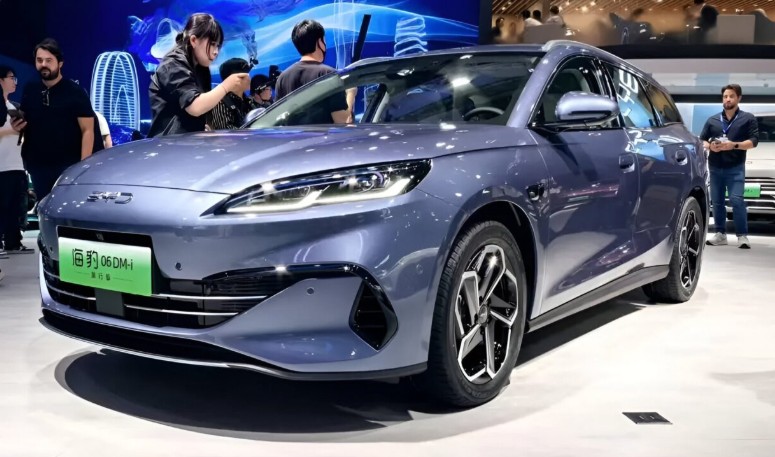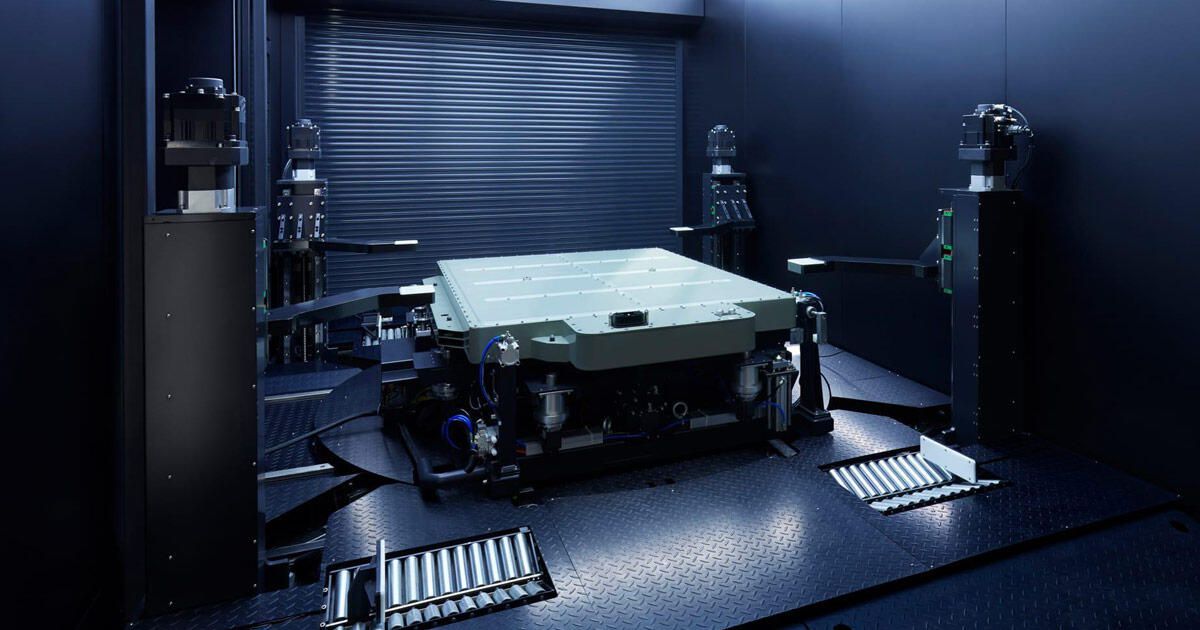
Snapshot
- European-made EV batteries must be recyclable by 2030
- Lithium must be at least 50 per cent recoverable and reusable by 2027
- Aims to reduce EUu2019s dependence on global supply chains and achieve net-zero
European Commission (EU) lawmakers have agreed to regulate new rules that will make electric vehicle batteries more sustainable across a car’s lifecycle.
From 2024, battery producers in Europe will need to declare the pack’s total circular carbon footprint – including responsible mining and sourcing, recycled content, performance and durability – to regulators and consumers.
All EV batteries must also be recyclable by 2030 to recover and repurpose expensive and supply-constrained materials – such as lithium, cobalt and nickel.
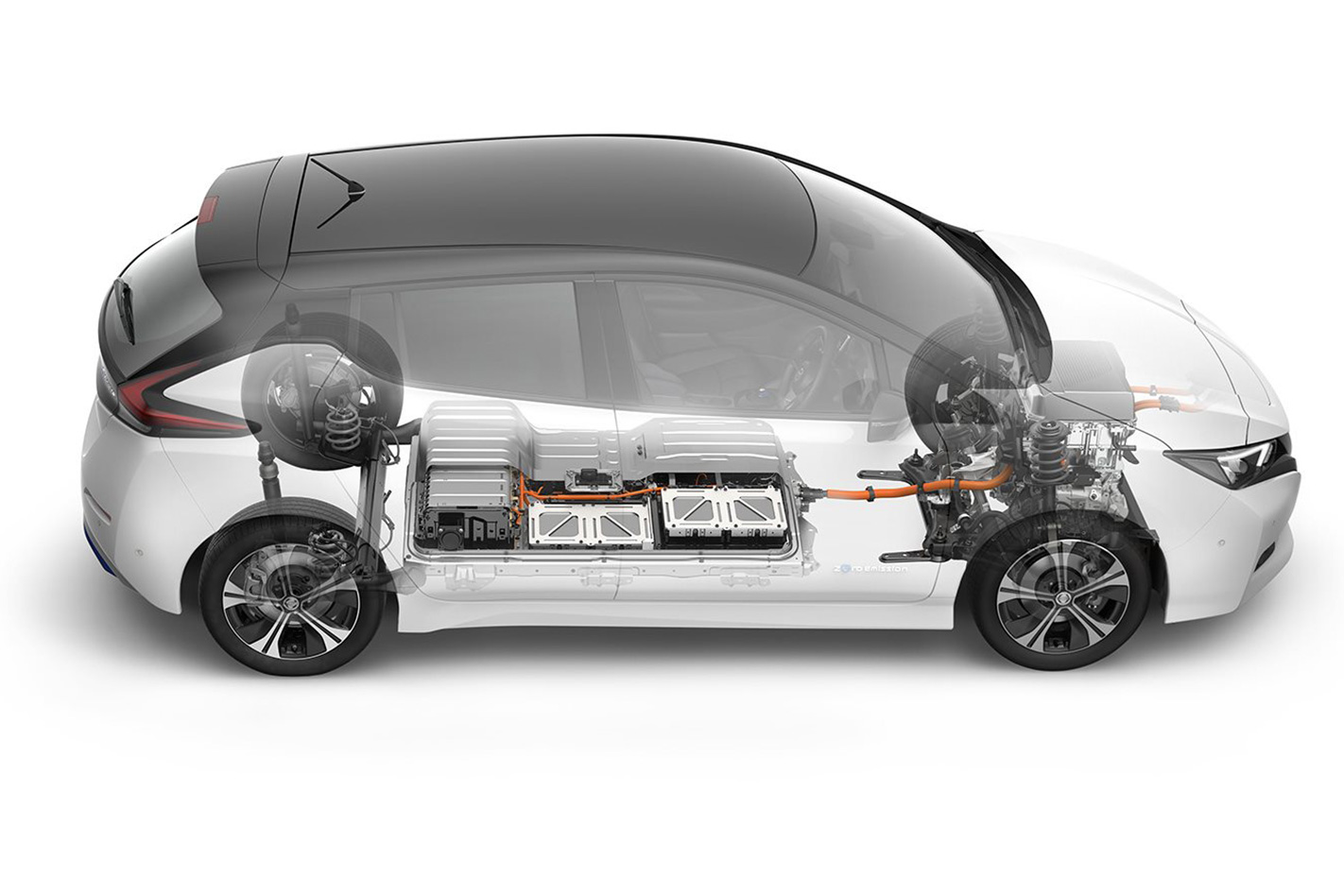
The recycling efficiency rate for lithium in particular is set at 50 per cent by 2027 and 80 per cent by 2031.
The new Batteries Regulation rules aim to promote developing a more competitive sustainable battery industry across the circular economy – collection, recycling and repurposing – as part of the EU’s push to reduce its supply chain dependence on other countries, expand EV battery production, and achieve carbon neutrality by 2050.
According to the Commission, global demand for batteries is increasing rapidly and is set to increase 14 times by 2030. While the largest EV battery makers currently hail from Asia, the EU could account for 17 per cent of the demand by the end of the decade.
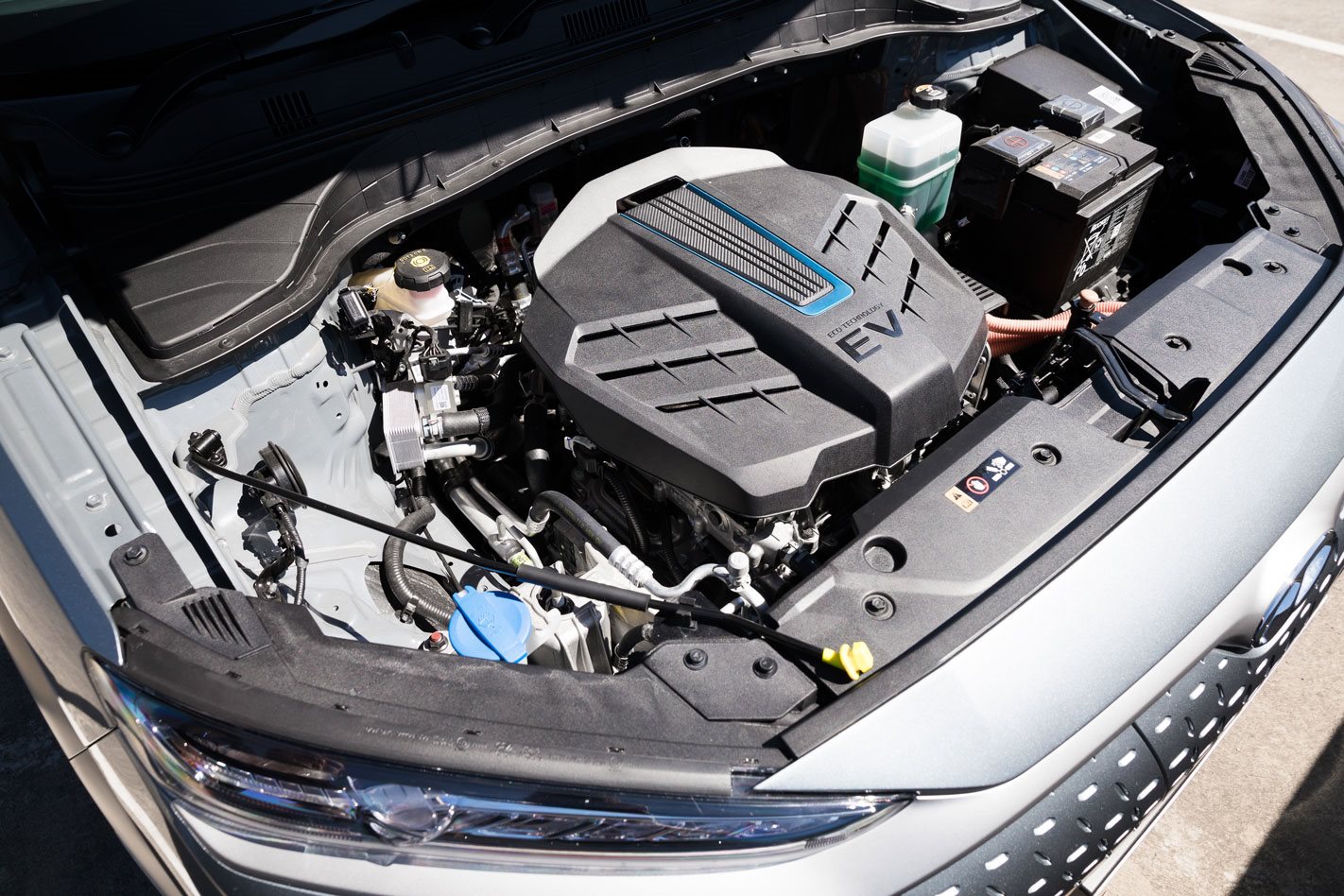
Mining rare and expensive materials essential for EV battery packs have been a key ethical concern, as it often is attributed to exploiting child labour in developing countries that have higher amounts of minerals available – such as the Democratic Republic of Congo.
“The batteries market is rapidly expanding, and with the new EU rules on batteries we will be better prepared for the huge changes ahead for the green and digital transitions our economy and society are undergoing,” Commissioner for Environment, Oceans and Fisheries, Virginijus Sinkevičius said.
“These rules will make us less dependent on imported oil and reduce the carbon footprint of our economy. This is very important in the context of Russia’s brutal war on Ukraine and the economic and geopolitical instability that it causes.
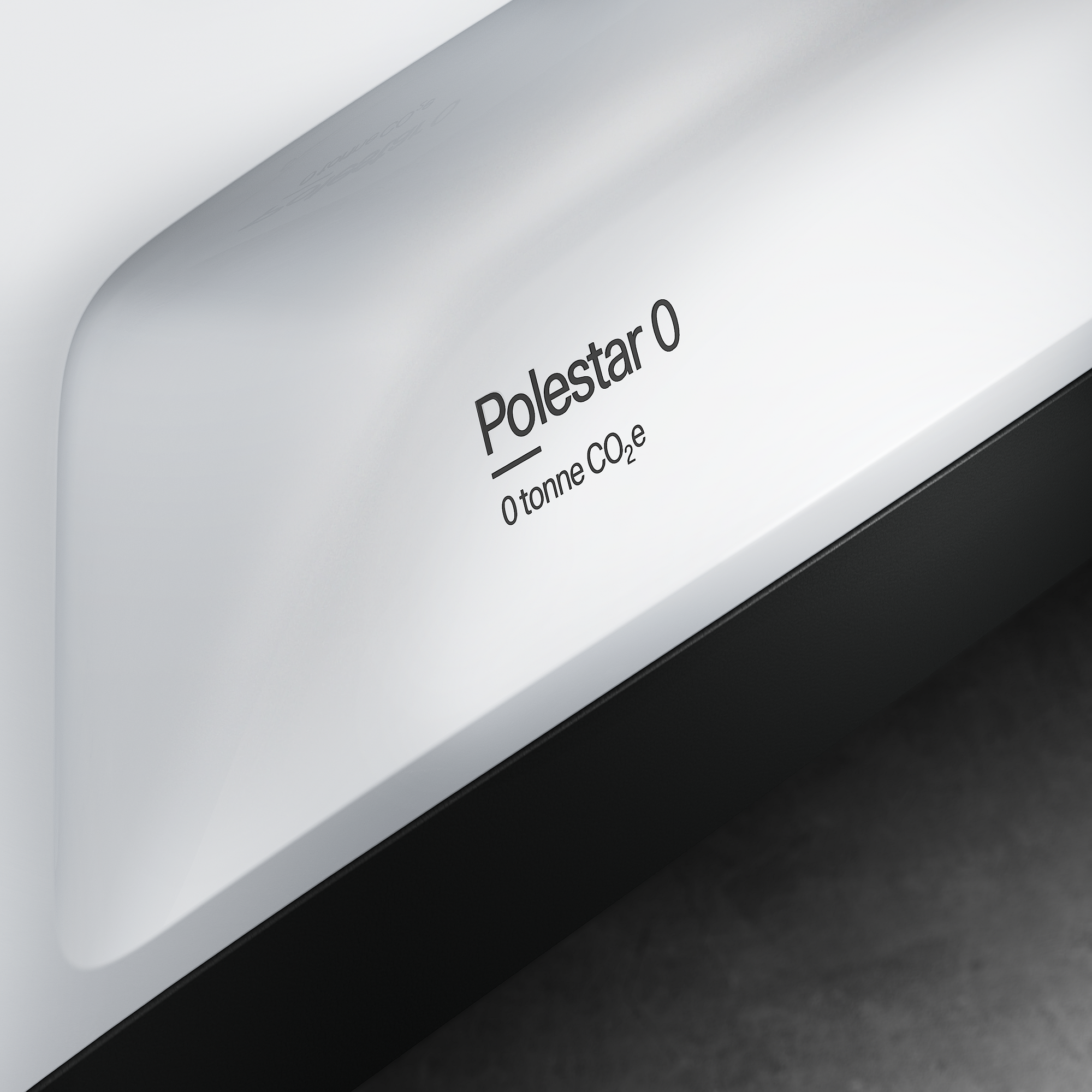
“We will increase the sourcing of precious raw materials such as lithium and cobalt from waste batteries, contributing to the security of supply of resources needed for the production of new batteries in a more circular economy.”
Batteries Regulation was proposed in 2020 as a stricter evolution of the 2006 Batteries Directive that applies to all sold in the EU, including portable ones in smartphones to those used in electric cars, e-scooters and e-bikes.
Notably, Swedish automaker Polestar is aiming to release its first carbon-neutral electric car, dubbed the Polestar 0, across its circular lifecycle by 2030.
We recommend
-
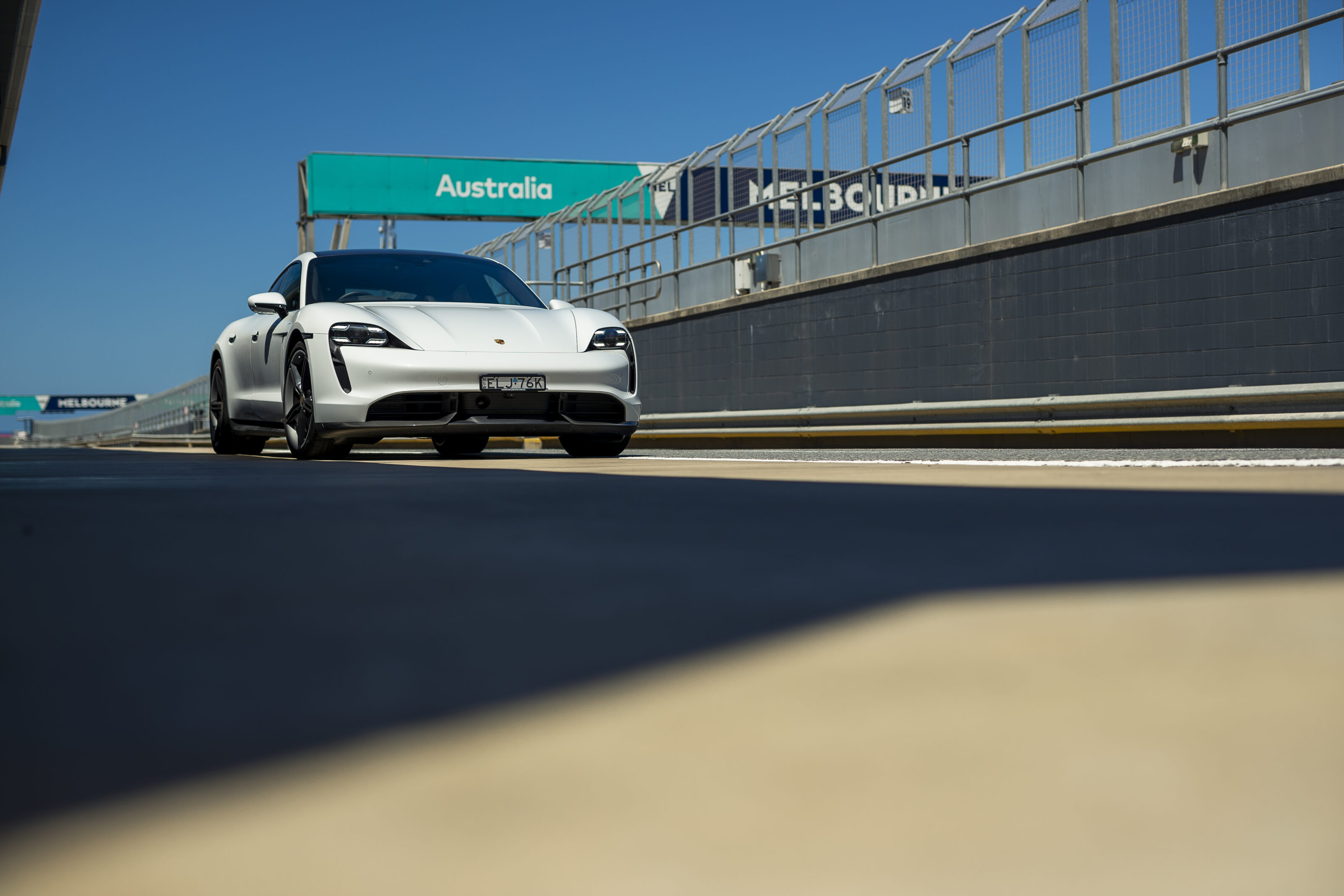 News
NewsMotorsport Australia releases electric vehicle regulations
Australia's governing body for racing has finalised its regulations and protocols for the next generation of vehicles on track
-
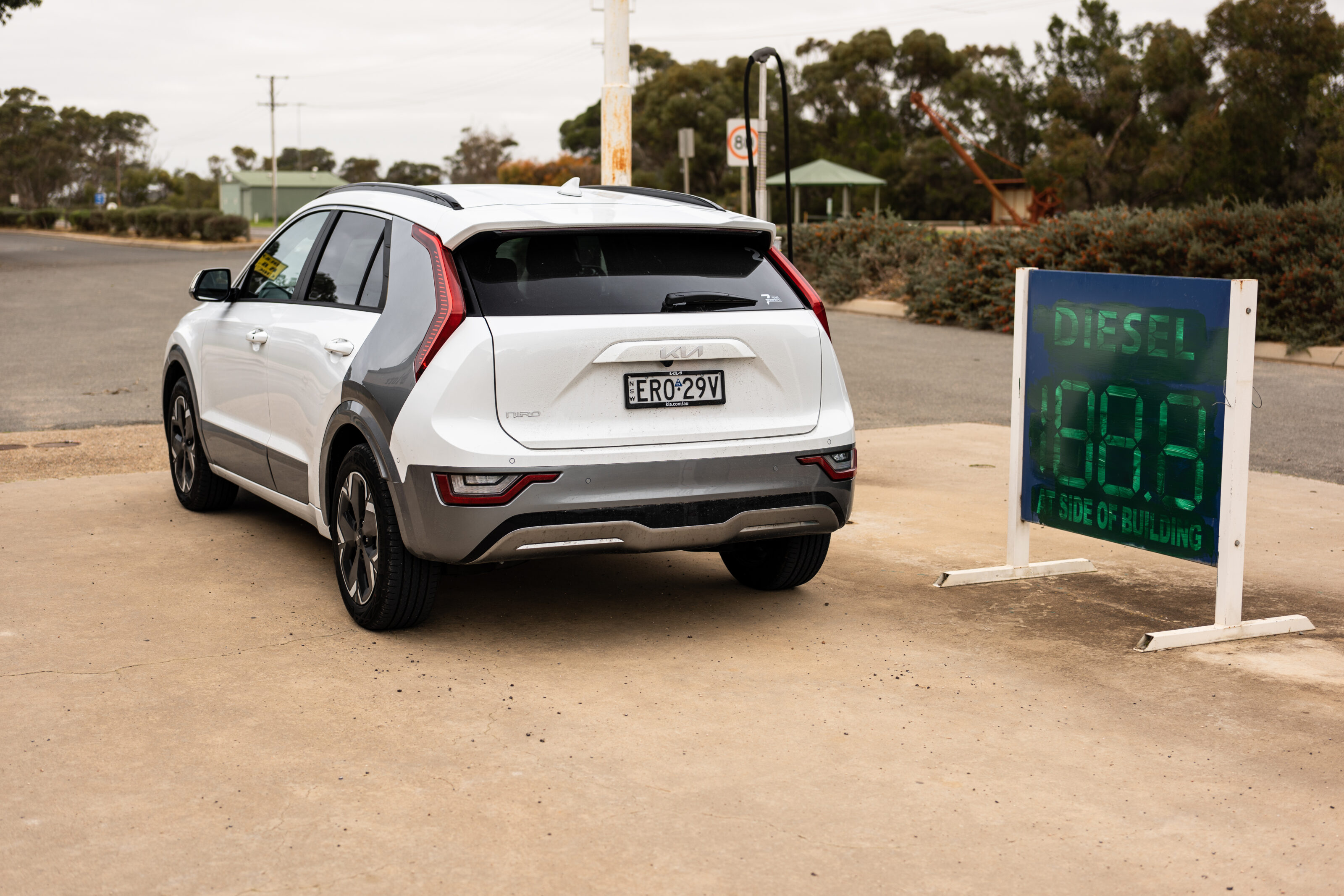 News
NewsDemand won’t grow EV supply – CO2 rules will
If Australians want more affordable EVs, they'd better push the Government for CO2 regulations – now
-
 News
NewsVinFast invests in ProLogium for solid-state battery development
The next-gen of VinFast's electric vehicles could adopt the revolutionary battery tech



